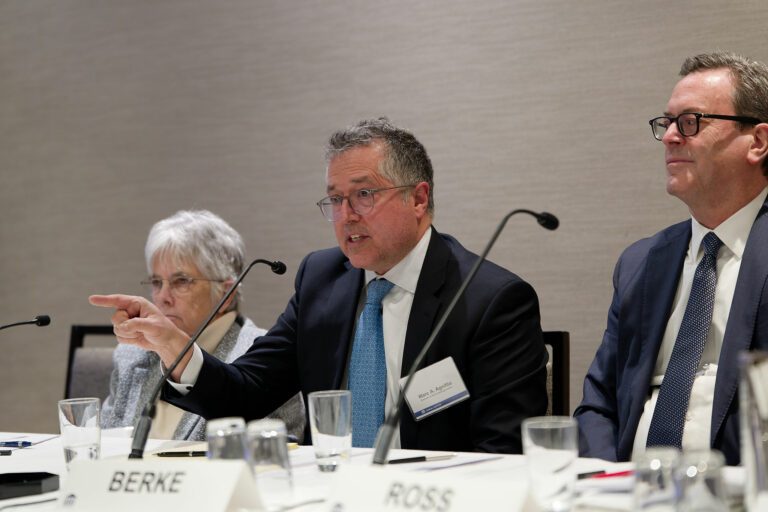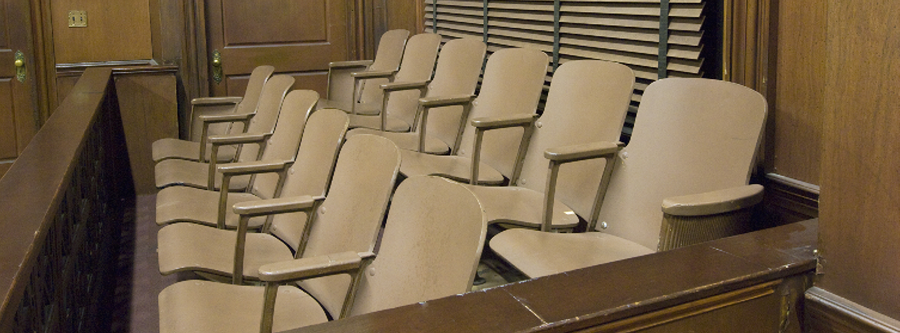P. Diddy and Other Clients Who Make News
1.14.2025

A panel of legal experts – including the attorney for Sean “Diddy” Combs – discussed the many challenges attorneys face when trying cases in both the court of law and the court of public opinion at the New York State Bar Association’s Annual Meeting in New York City.
The panelists were:
- Valerie Caproni, United States District Judge for the Southern District of New York.
- Marc Agnifilo, founding partner at Agnifilo Intrater and attorney for Sean “Diddy” Combs.
- Barry H. Berke, partner at Gibson Dunn.
- Michael S. Ross, principal at the Law Offices of Michael S. Ross.
- William K. Rashbaum, reporter at The New York Times.
Joel Cohen, senior counsel at Petrillo Klein & Boxer, moderated the discussion.
Panelists agreed that it is important to assess what potential jurors know and how they feel about a controversial client.
Caproni said that while attorneys may follow every aspect of a case, the average citizen is not paying as much attention and may not remember what they saw in the media.
“People who are trying cases believe that everyone is hanging on to every jot and tittle of press [coverage] about that case,” she said. “Because you’re in the middle of it. So, they think everyone’s following it because their family is following it and their friends are following it. That’s not true of Jane Q. Public.”
However, even a fleeting impression can be negative. Berke recalled that once when practicing a case with mock jurors, they all booed at a picture of a former public official. “They couldn’t remember why [when asked], they just knew that that was a bad guy who did something really bad,” he said. “So they knew something, they had seen it, but they couldn’t figure out what it was.”
In a different mock trial Berke conducted, a juror claimed to remember reading news articles about a defendant – even though they would have been 3 years old at the time of the incident. “You have to be mindful that the cases that are really all over the news… jurors may have retained things that they don’t remember when they’re sitting there for jury selection.”
And what about cases where juries are exposed to a deluge of information about a client on social media?
“I think you almost have to embrace the whole concept and turn it around,” said Agnifilo. “One of the things that I’ve done is to say something [in the opening statement] like, ‘You folks are going to have the best information that anyone could possibly have. All the press out there is going to chase after the stuff that you hear about in this courtroom. What happens in this courtroom is the best information available. Nothing else matters.’”
Aside from Sean “Diddy” Combs, Agnifilo has represented many high-profile clients including alleged United Healthcare CEO shooter Luigi Mangione, Martin Shkreli and NXIVM cult leader Keith Raniere.
Nevertheless, Caproni said that it is important for judges to remind jurors often that they should not read the news and tell them to turn off notifications to avoid press reports about a case. Overall, the panelists agreed that juries understand the responsibility that they are given, and try their best to adhere to guidelines.
The discussion was sponsored by the General Practice Section, the 50+ Section and the Committee on Professional Discipline.





